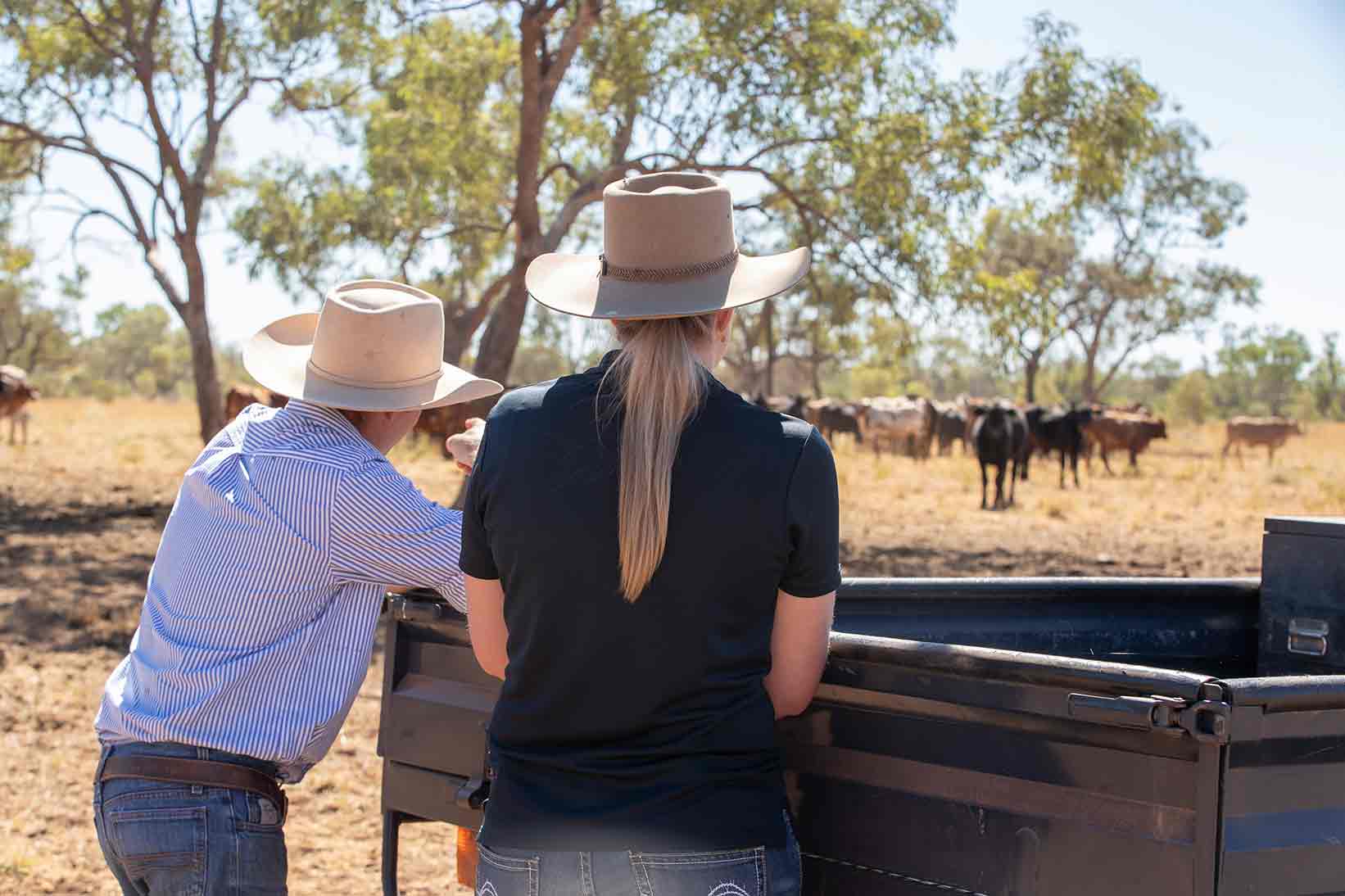Frequently asked questions
QRIDA has developed a wide range of frequently asked questions to help you find the answer you need. View them here.

View FAQS for QRIDA programs and services here.
Yes. The advice must be provided by one of the approved advisers that you nominated in your application for conditional approval, unless agreed with QRIDA.
If you wish to seek advice from a different approved adviser, you must submit an application for variation and provide a new quote.
No. The program has been structured and criteria has been established to assess the skills, qualification and experience of individuals to give advice and confirm them as approved advisors, not a company or organisation.
The assistance amount will be calculated on the invoice amount including GST and paid directly to the approved adviser.
If you are registered for GST, you are not eligible to claim the GST component as part of your normal Business Activity Statement (BAS) submissions.
If you would like to discuss an application or apply for a review of a decision email Approvedadvisers@des.qld.gov.au.
There is no minimum requirement for quotes this round, although quotes should allow landholders to understand the advice and services being provided.
Quotes should reflect the landholder’s individual requirements, but where work is standardised, templating is acceptable.
No. The landowner chooses which adviser will best fit their situation.
Yes, if the advice will be substantially different from advice received previously, e.g. for a different property or piece of land, or from a different Adviser category.
The Carbon Farming Advice Scheme (CFAS) application is in two phases – applying for conditional approval, and claiming financial assistance. Details on eligibility and required documentation for each phase are outlined in the CFAS Guidelines.
Once the ‘application for conditional approval’ is approved, the applicant can seek carbon farming advice from an Approved Adviser. After the advice is received, the applicant completes the ‘claiming financial assistance’ application to ensure the Approved Adviser is paid for their work.
Quotes must be for the same or similar work, allowing landholders to compare like with like. Quotes across adviser categories for different advice or services will not meet the requirements. Applicants who have sought advice from an Accountant or Solicitor who is an Approved Adviser only need one quote to meet the requirements.
There is no minimum requirement for quotes this round, although quotes should allow landholders to understand the advice and services being provided.
No. The landowner chooses which adviser will best fit their situation.
To apply for a rebate under the program complete and submit your application form and supporting information via the QRIDA online portal.
A suitably qualified professional adviser (e.g. accountancy advice, agronomic advice, financial planning, flood mapping, soil mapping and assessment).
Yes, if you live in one of the defined disaster areas you may be eligible under the Scheme.
No, the primary producer chooses which adviser best suits their situation.
You are still eligible provided you received the advice on or after 18 May 2022.
No, the suitably qualified professional providing the advice cannot be the applicant.
Yes. Evidence of payment for the eligible professional advice and a copy of the IRRO endorsed flood management plan will be required when submitting the application.
Applicants can submit multiple applications while the scheme is open, up to the total eligible amount of $7,500.
Rebate funding is not guaranteed at any stage of the application process and applications will be assessed in order of receipt.
No. You cannot obtain the rebate if you have received other Government funding for the same eligible advice.
If your application is successful QRIDA will reimburse the funds to your nominated bank account if you have provided evidence of already paid invoices.
If you believe you are eligible for the Fisheries Structural Adjustment Scheme but have not received any written correspondence from the Department of Primary Industries (DPI) please call 13 25 23 or email future.fishing@daf.qld.gov.au